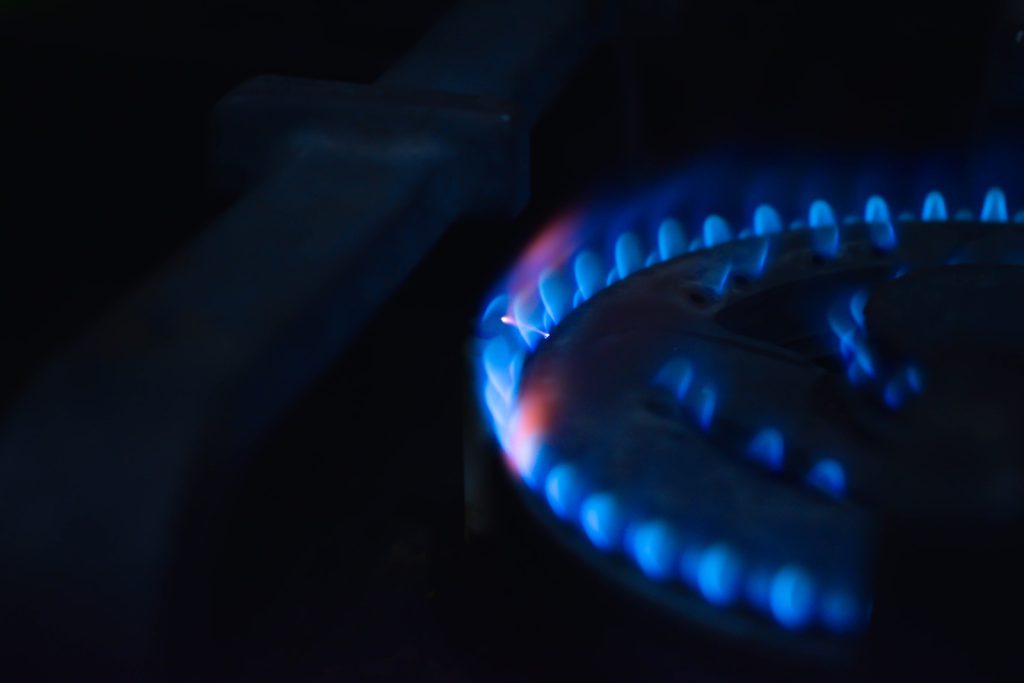Liquefied Petroleum Gas (LPG), also known as LP gas, is a fuel gas that contains a flammable mixture of hydrocarbon gases. Specifically, it consists of propane, propylene, butylene, isobutane, and n-butane1. LPG is used as a fuel gas in heating appliances, cooking equipment, and vehicles. It is also increasingly used as an aerosol propellant and a refrigerant.
Production and Composition of LPG
LPG is prepared by refining petroleum or “wet” natural gas and is almost entirely derived from fossil fuel sources. It is manufactured during the refining of petroleum (crude oil), or extracted from petroleum or natural gas streams as they emerge from the ground1. A powerful odorant, ethanethiol, is added so that leaks can be detected easily.
LPG as an Alternative Fuel
LPG is a clean-burning alternative fuel that’s been used for decades to power light-, medium-, and heavy-duty propane vehicles. It is stored under pressure inside a tank as a colorless, odorless liquid. As pressure is released, the liquid propane vaporizes and turns into gas that is used in combustion.
Interest in propane as an alternative transportation fuel stems from its domestic availability, high-energy density, clean-burning qualities, and relatively low cost. It is the world’s third most common transportation fuel, behind gasoline and diesel.
Environmental Impact and Efficiency
LPG burns relatively cleanly with no soot and very little sulfur emission. As it is a gas, it does not pose ground or water pollution hazards, but it can cause air pollution. LPG has a typical specific calorific value of 46.1 MJ/kg compared with 42.5 MJ/kg for fuel oil and 43.5 MJ/kg for premium grade petrol (gasoline). However, its energy density per volume unit of 26 MJ/L is lower than either that of petrol or fuel oil.
LPG is a valuable alternative fuel that offers a range of benefits. It is a clean-burning fuel that produces lower emissions compared to traditional gasoline or diesel. With its high-energy density and relatively low cost, LPG is a viable and sustainable choice for an alternative fuel.


Pingback: Shipping Industry LPG Trade to Increase 2024 - Gas Price Tomorrow